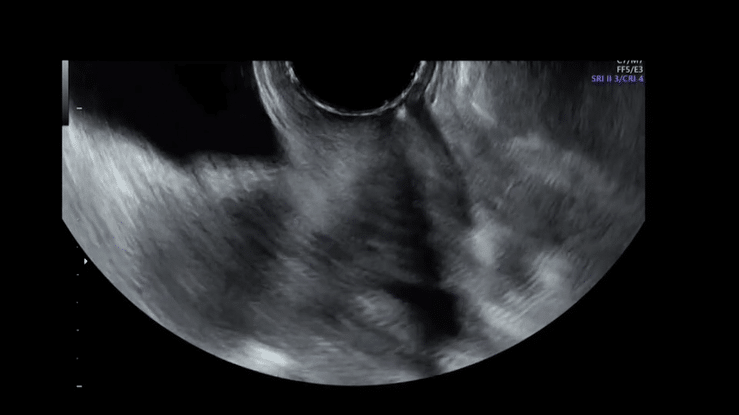
Learn to diagnose deep endometriosis with TVUS.
Free access to lectures, papers and 101 ‘live’ video cases.
Sign up for free and gain access to 101 video cases.
The organisers
The organisers are men and women, doctors and sonographers who share a passion to improve the diagnosis of deep endometriosis with transvaginal ultrasound. You can read more about them here.Dr Sofie Piessens
MD, FRANZCOG, DDU, COGU
Dr Andrew Edwards
MBBS, DDU, MD, FRANZCOG, COGU
Rebecca Long, Sonographer
BSc, DMU (Vascular), GradDipMedUS, AMS
Jing Fang, Sonographer
LLB, BBiomedSc, MMedRad
Dr Valeria Lanzarone
MBBS, FRANZCOG, DDU, COGU
Prof Luk Rombauts
MD, PhD, FRANZCOG, CREI
Lectures for every level of expertise.
The lectures are structured from basic to more advanced and we recommend listening to them in that order but those of you with experience already may want to skip the more basic lectures or even go immediately to the cases. There are sometimes more than one lecture on a certain topic as the different collaborators may teach the same topic in a slightly different way. For each topic we try to provide different perspectives with different emphasis but you may therefore not need to watch all lectures on the same topic.What is endo?
It is helpful to start by gaining a good understanding of what endometriosis is.
Routine scan
These lectures focus on what to include in every routine gynaecological ultrasound.
Severe disease
Pouch of Douglas obliteration, endometriomas, bladder nodules and bowel nodules.
Subtle lesions
For those who have mastered severe disease and are interested in diagnosing uterosacral ligament nodules.
101 ‘live’ video cases for every level of expertise.
The cases are divided in normal, moderate to severe disease and subtle minimal disease. Again, it is best to watch them in that order. It is by repetitively watching the same pathology over and over that our pattern recognition improves. Every video comes silent and with explanatory narration giving you the chance to have a look first to see what pathology you recognise before listening to the description. At the end there is a section that allows you to test yourself. There is no commentary but you can email us your answers and we will send you a link to the commentated videos. It may be interesting to watch the videos before you start the program and watch them again at the end. You will find that it has suddenly become a whole lot easier to recognise all the pathology. The normal scan
A number of normal cases are presented to demonstrate the extended routine gynae scan.
Severe disease
Cases include pouch of Douglas obliteration, endometriomas, bladder nodules and bowel nodules.
Subtle disease
These cases are all subtle and tricky and will require more expertise.
Test yourself
These cases have no commentary and are meant to test your skills. You can email us the results.













